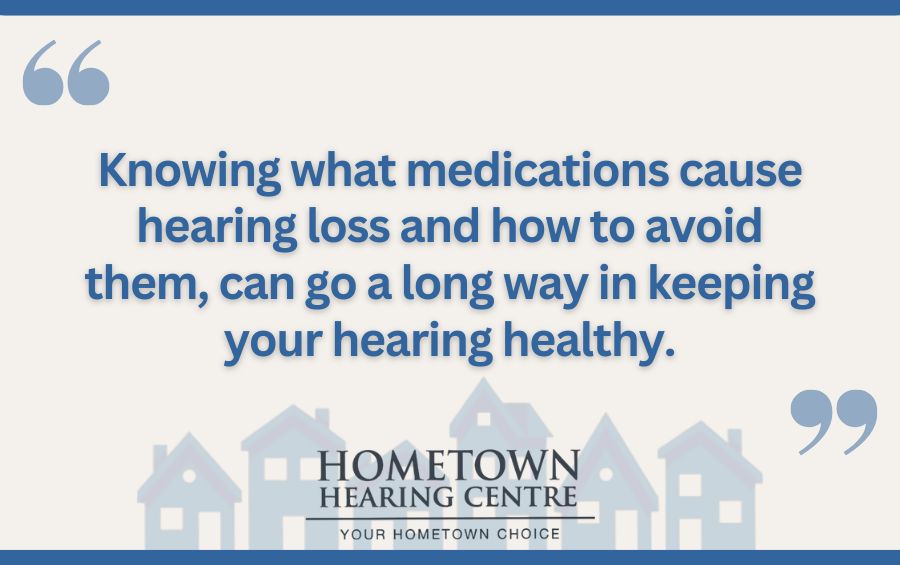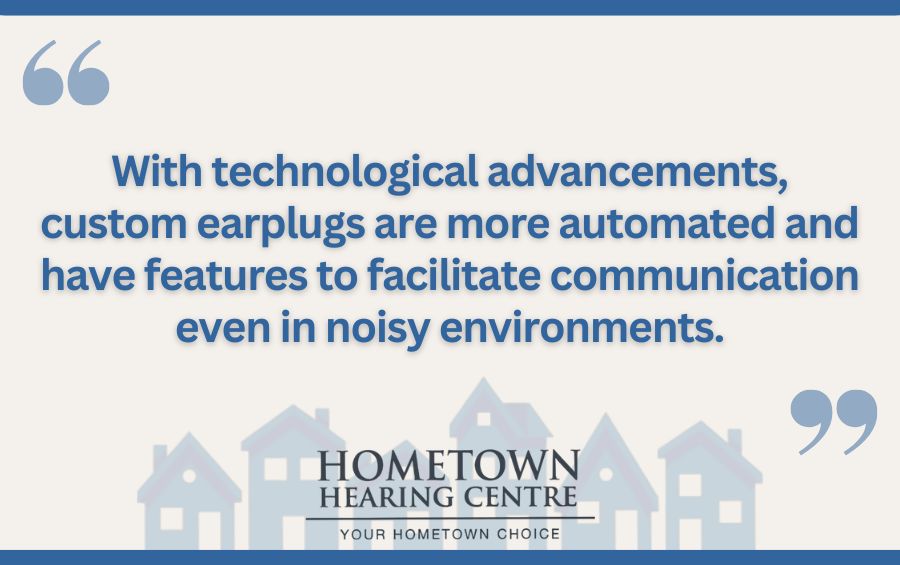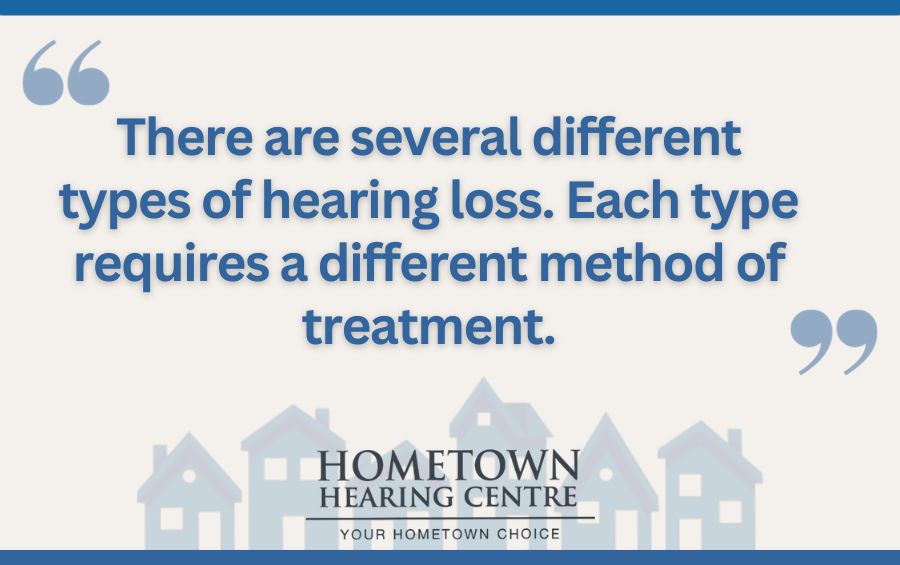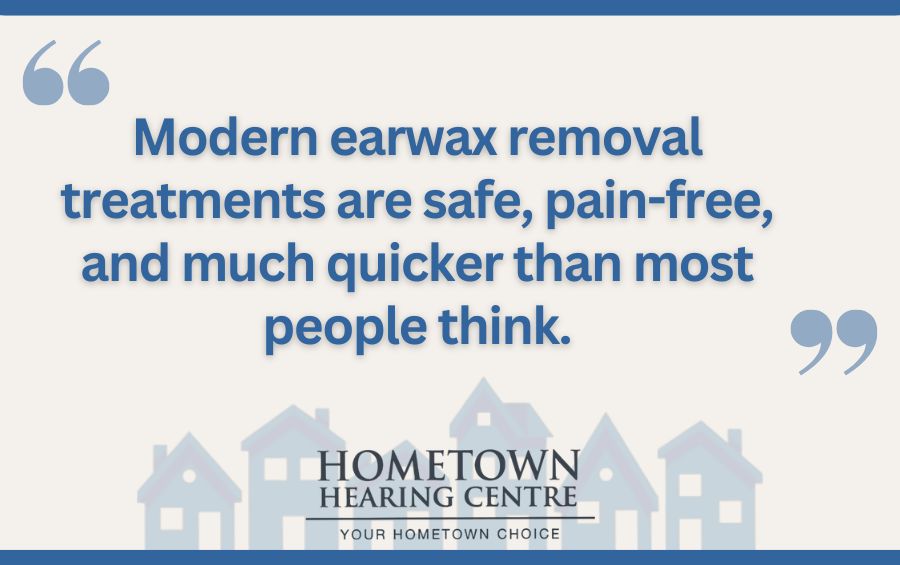Hearing loss is a common problem that can occur at any age. It can be the result of many different factors, including exposure to loud noises, aging, and certain medications.
Ototoxicity is the term used to describe hearing loss that is caused by medications. While ototoxicity can occur at any age, it is most common in people who are taking certain types of antibiotics or chemotherapy drugs.
Keep reading to learn more and combat hearing loss with Hometown Hearing Centre.
What Is Ototoxicity?
The term ototoxicity is derived from the Greek words “too” and “toxin,” which together mean “ear poison.”
Ototoxicity is a term that is used to describe hearing loss that is caused by medications. It can be either temporary or permanent, and it can affect either one ear or both ears.
How Ototoxicity Leads to Hearing Loss
Many common medications can harm the inner, outer, or middle ear. Hearing problems resulting from this medication can be temporary, permanent, curable, or incurable.
Though this ototoxicity is typically bilateral — in both ears, damage to hearing can happen unilaterally or in one ear.
Knowing what medications cause hearing loss and how to avoid them, can go a long way in keeping your hearing healthy.
Common known ototoxic drugs include:
- Aspirin
- Quinine
- Water pills
- Certain antibiotics
- Some anticancer drugs
- Some anesthetics
- Environmental chemicals like carbon monoxide, hexane, and mercury
How You Can Prevent Hearing Damage
Monitoring and increased awareness are two of the best weapons in fighting damage to hearing caused by medications.
Patients need to be aware of what types of medications cause ototoxic hearing loss, but also that combining medications, higher doses, and longer treatment times are more likely to cause hearing problems.
It is important to spread the word about this condition, making people aware of the steps they can take, including getting an annual evaluation by a Hearing Healthcare Professional, to help prevent hearing loss.
Symptoms of Hearing Loss
Hearing loss can be so gradual that a person may not notice it. Children and adults can experience hearing loss at any time. Ask the following questions to assess any risk for hearing loss:
- Have your friends or family members complained that you’re not listening?
- Do you frequently ask people to repeat themselves?
- Do you complain that people are always mumbling?
- Do you have problems following conversations with more than two people?
- Have people complained that you listen to the television or radio too loudly?
- Do you have trouble understanding conversations in crowded rooms or loud or busy restaurants?
If you or your patient answers yes to more than one of those questions, you/they should have their hearing tested immediately to assess the existing loss and prevent further damage.




